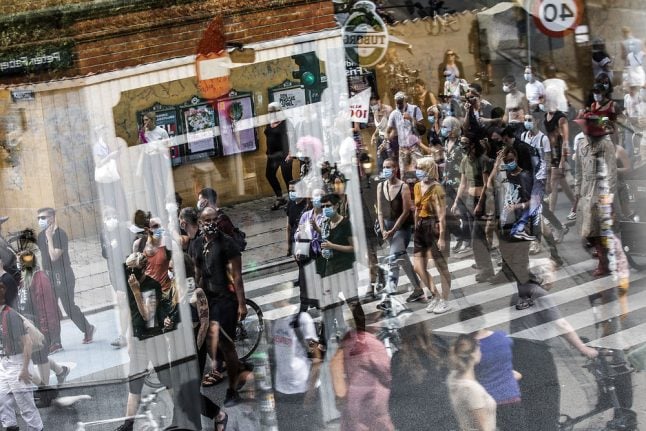Measures taken to reduce coronavirus infection including social distancing, hand hygiene and other restrictions have been credited in for limiting the number of deaths due to the virus. A total of 671 people have died with Covid-19 in Denmark as of October 12th.
The country’s low death figures were initially reported by newspaper Politiken.
Denmark’s national disease institute SSI has during the pandemic compared weekly death figures with numbers from the last five years.
The analyses have shown that the first 30 weeks of 2020 saw the lowest number of deaths of any year since 2015. Additionally, the figure is under the death rate which had been forecast for 2020.
One expert suggested in comments to Politiken that the government’s strategy for responding to the virus had been too cautious.
“(Is the aim) to delay the (impact of) the virus until there’s a vaccine? That can be reconciled with accepting a slightly higher infection rate and fewer restrictions. On the other hand, there should be extremely high focus on contact tracing with a lot of resources devoted to it,” Joachim Hoffmann-Petersen, a senior doctor and chair of the Danish Society for Anaesthetics and Intensive Medicine,” said.
Another commenter said Denmark’s Covid-19 fatality numbers could give a misleading impression.
“When we have so few deaths, that is because we were quick to get the epidemic under control and in a vice-grip at the start of March,” Lone Simonsen, professor of epidemiology at Roskilde University, told Politiken.
“We are in the waiting position until a vaccine or another game changer arrives. But if we’d let the epidemic rip, we’d have seen a lot more deaths,” she said.
Other European countries including Spain, France, Italy and the United Kingdom have registered in increase in their normal death rates this year, in contrast to the trend observed in Denmark.
READ ALSO: One fifth of people in Denmark sceptical of Covid vaccine



 Please whitelist us to continue reading.
Please whitelist us to continue reading.
Member comments